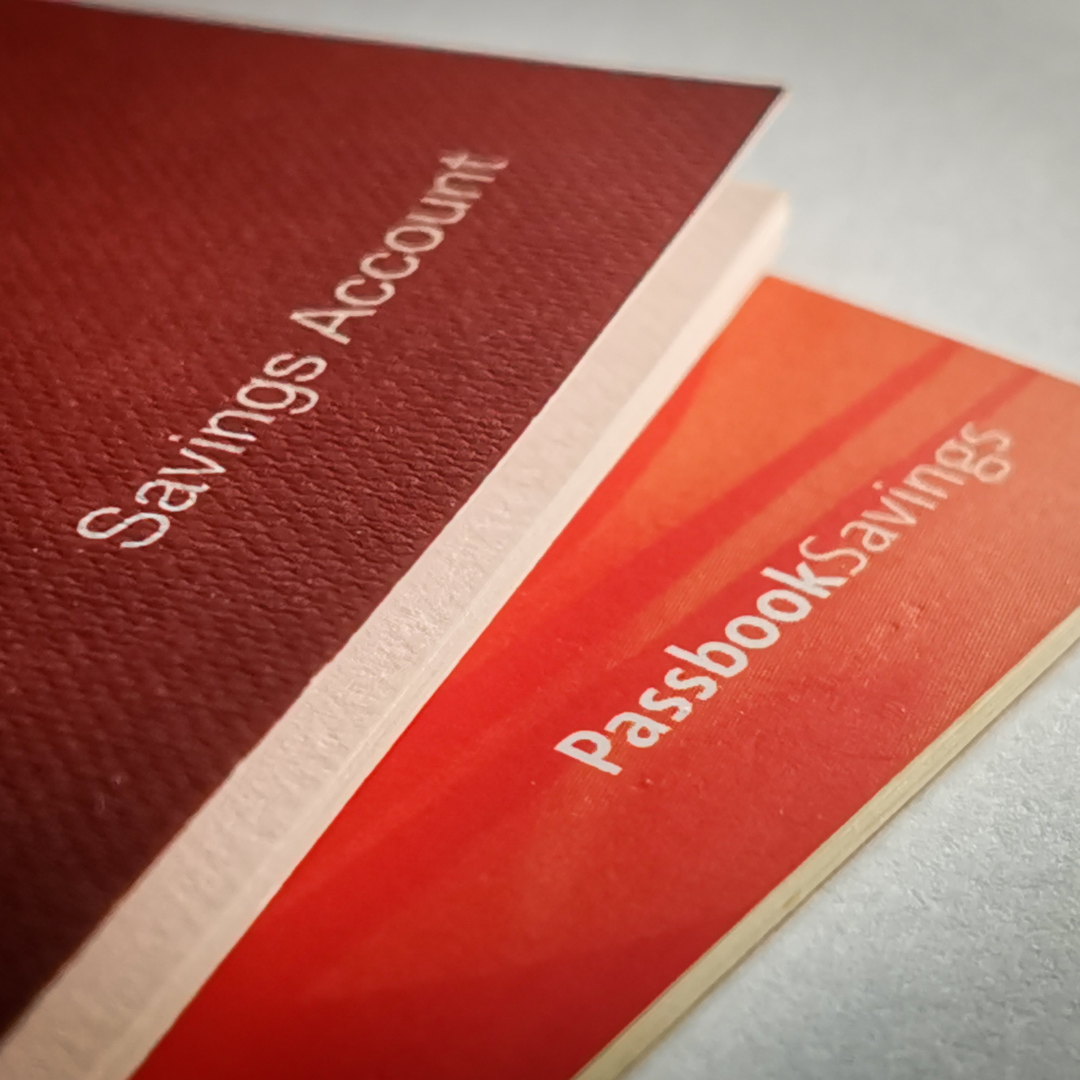5 Questions to Ask About Disability Finance
Confused about disability finance? Worried about disability lawyers? Try our mini-guide to disability finance, to help clear things up.
1. Am I eligible for benefits?
It’s straightforward to figure out if you’re eligible for any support from Social Security, and if so, which kinds. You can also ring their hotlines for advice, or get impartial advice in your community, for example, at a legal clinic. A good lawyer or disability attorney can also advise you on disability benefits.
2. What about insurance?
Disability insurance is something anyone can purchase. It works like any other insurance policy you have, like dental or auto. Some employers will offer you disability insurance as part of their benefits package, but if they don’t and you want it, you can set it up privately. It’s designed to cover you if you become disabled (short-term or long-term), and can no longer work. Elite packages are available if, for example, you’re an athlete or footballer — anyone with a job depending entirely on their physical status.
3. What will disability insurance do for me?
Usually, you’ll get a percentage of your monthly income paid out to you by the insurance company. Most companies offer this monthly. You may also get rehabilitation services and possibly return-to-work incentives (which may be financial). If you’d like rehabilitation or other aspects of your disability insurance, make sure this is included in your policy before you agree to anything. If in doubt, ask an attorney to look over your policy for you before you’ve committed to it.
4. What kinds of disability insurance are there?
SSDI: This is sometimes known as disability benefits. Whether you get it or not can depend on how much you’ve paid into SSDI, how many work credits you have, and the state of your disability.
State: Some states have made a certain level of employer-sponsored disability insurance, mandatory. This means your employer will have to offer you some disability insurance, but it depends on where you live.
Private: This is where you take out an insurance policy yourself, which you pay for. It is designed similarly to any other insurance policy. If you become unable to work, your insurer should pay out a percentage of your wages.
5. What about disability lawyers?
Most disability lawyers work on things like denied claims, especially disability insurance claims. Disability law requires a specialized disability lawyer due to the continually changing laws around disability. A personal injury lawyer is a very different type of lawyer and will not have the right skills. Be wary of hiring the wrong type by accident. If the lawyer you’re hiring exclusively deals with disability insurance cases, they will be experts in navigating that field, and you’re sure to be in the best hands.
The world of disability finance is ever-changing and can be very confusing. Make sure to get all the advice you need from reputable sources before entering into any legal agreements or financial commitments.












